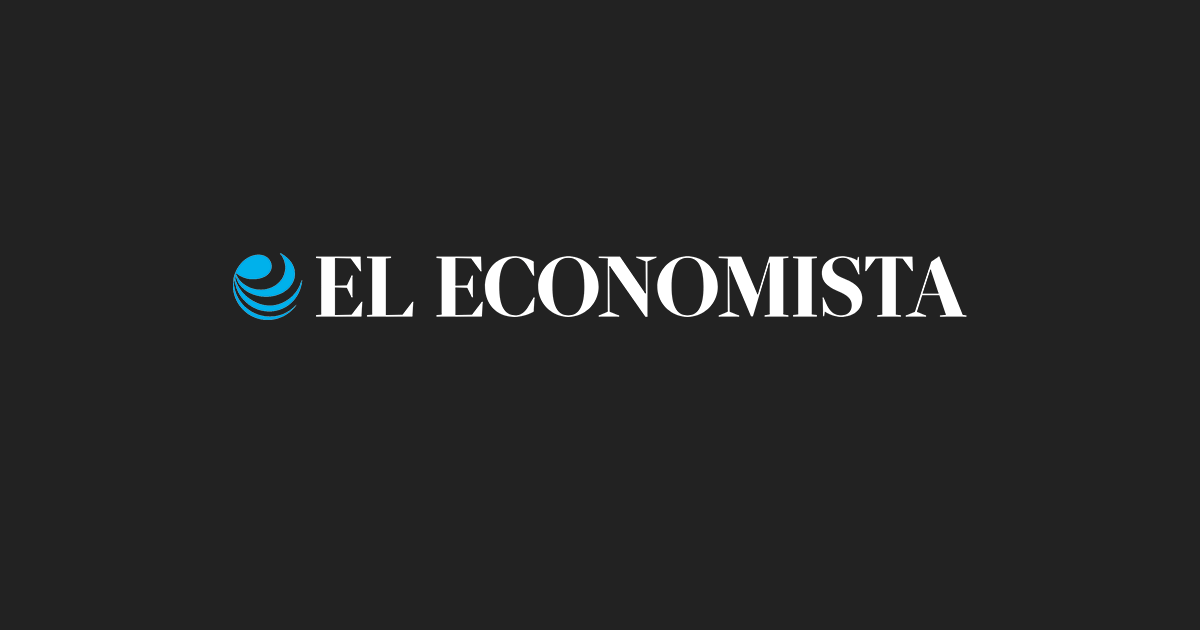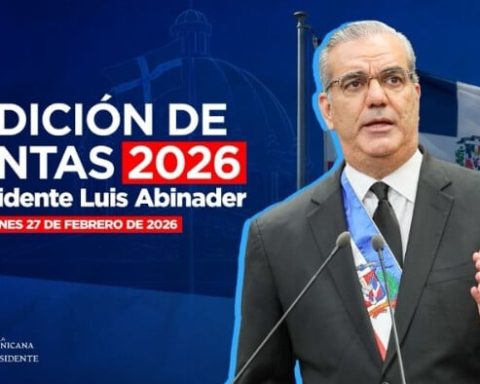Nobody knows, nobody knew how the non-bank financial company Unifin fell into the maelstrom that led to default.
But the strangest thing about the case is that, despite the size of the disaster, no government authority has come out to say this is my mouth.
It draws attention because it is the second largest company of non-bank intermediaries.
The entity itself, reveals in its statement that it is a victim of the black history of other recent non-bank financial entities that generated a huge wave of mistrust and uncertainty and complicated access to financing markets.
He did not mention them by name, but he is surely referring to Alpha Credit and Crédito Real, which recently collapsed.
The fact is that the lessor Unifin, chaired by Rodrigo Lebois Mateos, went into default. He announced that he will stop paying interest and principal on his debt. He entered a turbulent zone, despite the fact that he has expressed his willingness to restructure his debts.
In addition to the severe drop in the value of Unifin’s shares from the first moment the announcement of the default was made public, the world came crashing down on it.
Credit downgrading by Standard and Poor’s Global Ratings and HR Ratings followed immediately. The resounding fall of Unifin was not foreseen.
Just last May 31, it had announced an agreement with Credit Suisse to obtain a line of credit for up to 500 million dollars, to refinance its debt.
On August 9, in the morning, Unifin had a credit rating of AA- and in the afternoon it changed to a C- rating, 15 levels below the one it had, warned analyst Luis Gonzali.
It is still too early to know the details of the plot that led Unifin to the cliff.
Unifin’s credit portfolio is very high, around 80 billion pesos.
Unifin’s default is a scandal in the non-banking financial arena.
It must be remembered that the government authorities had been saying that the cases of Crédito Real and others did not have a systemic profile.
For now, what the non-bank financial intermediary has said is that it is a victim of mistrust and uncertainty caused by its troubled predecessors and that closed the key to financing.
We’ll see how this story turns.
Mexican debt, low appetite
Despite the spread in market rates and the Mexican government’s fiscal discipline, foreign investors’ appetite for Mexican debt continues to be low.
Since the pandemic began, foreign holdings of government securities have registered outflows in 24 of 29 months.
So far this year, the outflow of capital amounts to 100 thousand 960 million pesos.
Last July was the sixth consecutive month in which foreign capital outflows were registered in the Mexican sovereign debt markets. Sales in that month were for a total of (-) 56,056 million pesos (-3.53% monthly), the largest outflow since July 2021, according to a report by Intercam Banco, prepared by analyst Santiago Fernández.
With this, the total value of Mexican debt assets held by foreigners fell to 1,532 billion pesos and was placed at its lowest level since November 2012.
From its highest peak reached in 2020 with 2.21 billion pesos to its last record of 1.532 billion pesos, the drop is 680 billion pesos.
The analysis warns that capital outflows are not exclusive to Mexico, but rather reflect a general aversion to holding emerging debt in a global inflationary environment, as interest rates in advanced economies rise.
glimpses
IZZY.- The telephone, internet and cable television company izzy, received for the fourth consecutive year the highest level of international certification for businesses, which consolidates it as a reliable operator worldwide. The company received the PCI DSS Level 1 ( Payment Card Industry Data Security Standard).
This international certification validates that policies, procedures and technical systems applied to store, process and/or transmit credit or debit card data used in its operations are implemented and in operation.
















